In today’s hyperconnected world, cybersecurity has evolved from a niche IT concern to a critical business priority. As organizations scramble to protect their digital assets from increasingly sophisticated threats, a new breed of security professional has emerged: the ethical hacker. Taking an Ethical Hacking Course could be the career-defining decision that propels you from the sidelines to the frontlines of this dynamic field.

The White Hat Advantage
Unlike malicious hackers who exploit vulnerabilities for personal gain, ethical hackers often called “white hats” use their skills to strengthen security systems. They think like attackers but work for the defenders. An Ethical Hacking Course equips you with this unique perspective, teaching you to identify and address vulnerabilities before they can be exploited. This proactive approach has become invaluable as organizations shift from reactive to preventative security strategies.
Skills You’ll Develop
What makes these courses so transformative is their comprehensive, hands-on approach. A quality Ethical Hacking Course typically covers:
– Network security fundamentals and vulnerability assessment
– Penetration testing methodologies and exploitation techniques
– Web application security and common attack vectors
– Social engineering tactics and countermeasures
– Cryptography principles and implementation
– Legal and ethical boundaries of security testing
Unlike theoretical training, these courses immerse you in practical scenarios through labs and simulated environments. You’ll experience the thrill of identifying vulnerabilities, executing controlled exploits, and developing mitigation strategies all within a legal, ethical framework.
Career Pathways and Opportunities
The career impact of ethical hacking training is immediate and substantial. Graduates often qualify for specialized roles such as:
– Penetration Tester/Ethical Hacker
– Security Analyst/Consultant
– Vulnerability Assessor
– Security Operations Center (SOC) Analyst
– Information Security Manager
Industry-recognized certifications like CEH (Certified Ethical Hacker) or OSCP (Offensive Security Certified Professional), often obtained through an Ethical Hacking Course, serve as powerful credentials that signal your expertise to employers. In a field facing a severe talent shortage, these qualifications can significantly boost your earning potential and job security.
Beyond Technical Skills: The Hacker Mindset
Perhaps the most valuable takeaway from ethical hacking training isn’t a specific technical skill but the development of the “hacker mindset” a unique way of viewing systems and identifying their weaknesses. This perspective transforms how you approach security challenges, enabling you to anticipate threats rather than merely respond to them.
This mindset extends beyond technical scenarios, enhancing your problem-solving abilities and critical thinking skills across all aspects of cybersecurity work. You’ll find yourself noticing vulnerabilities and potential improvements in everyday systems.
In a world where data breaches make headlines daily, ethical hackers stand as the essential line of defense. By investing in your skills today, you position yourself at the forefront of this crucial field, making your career not just financially rewarding but profoundly impactful.









